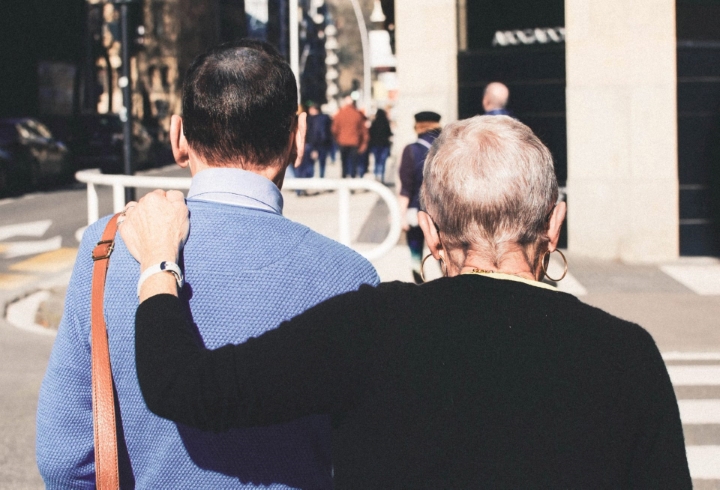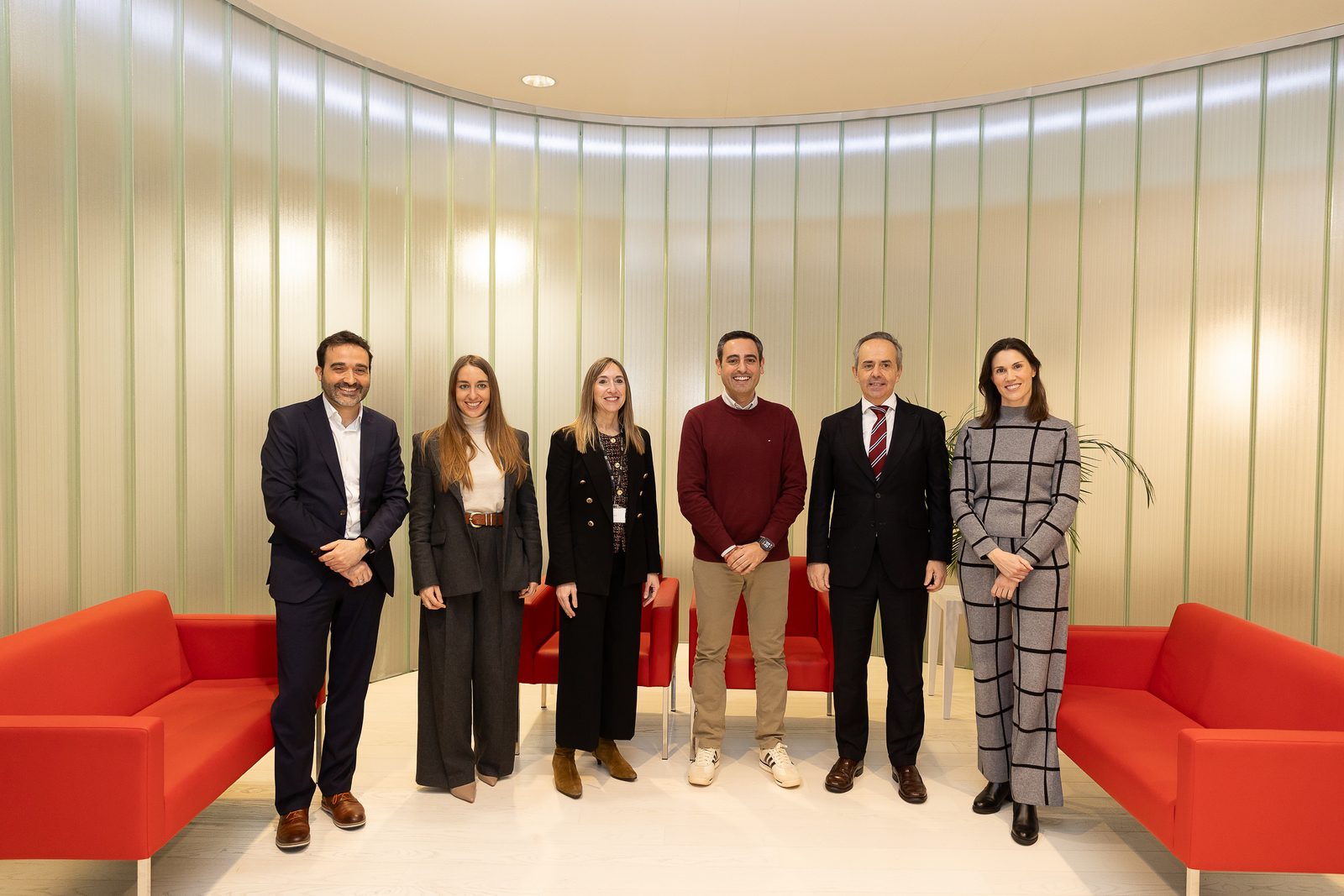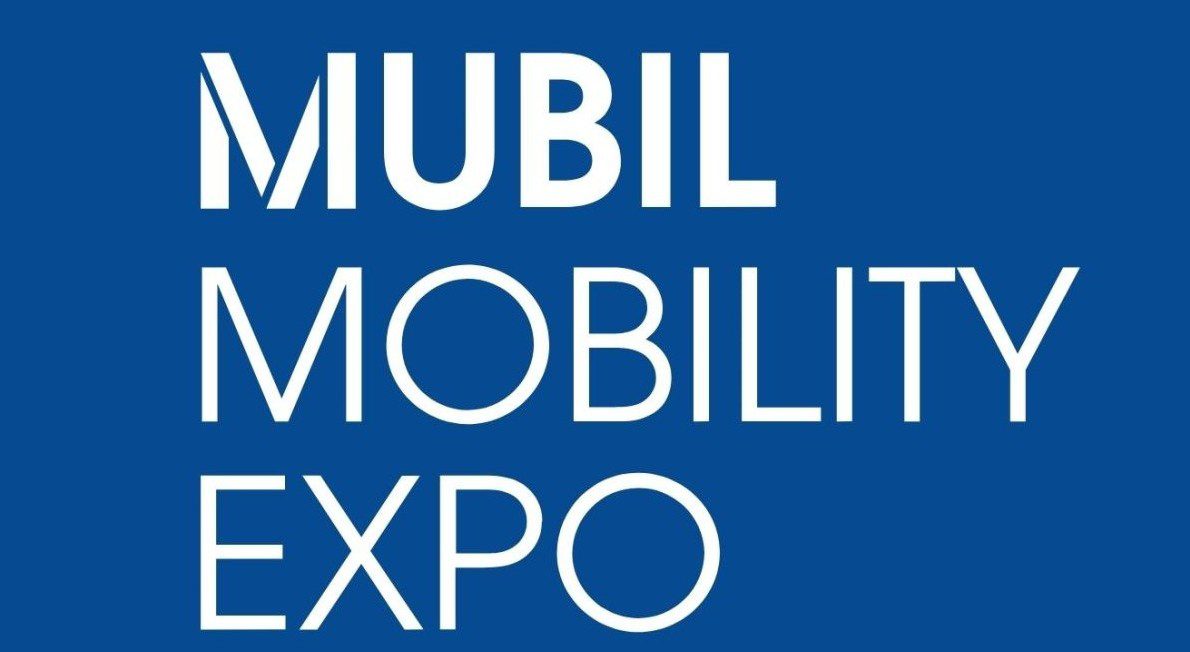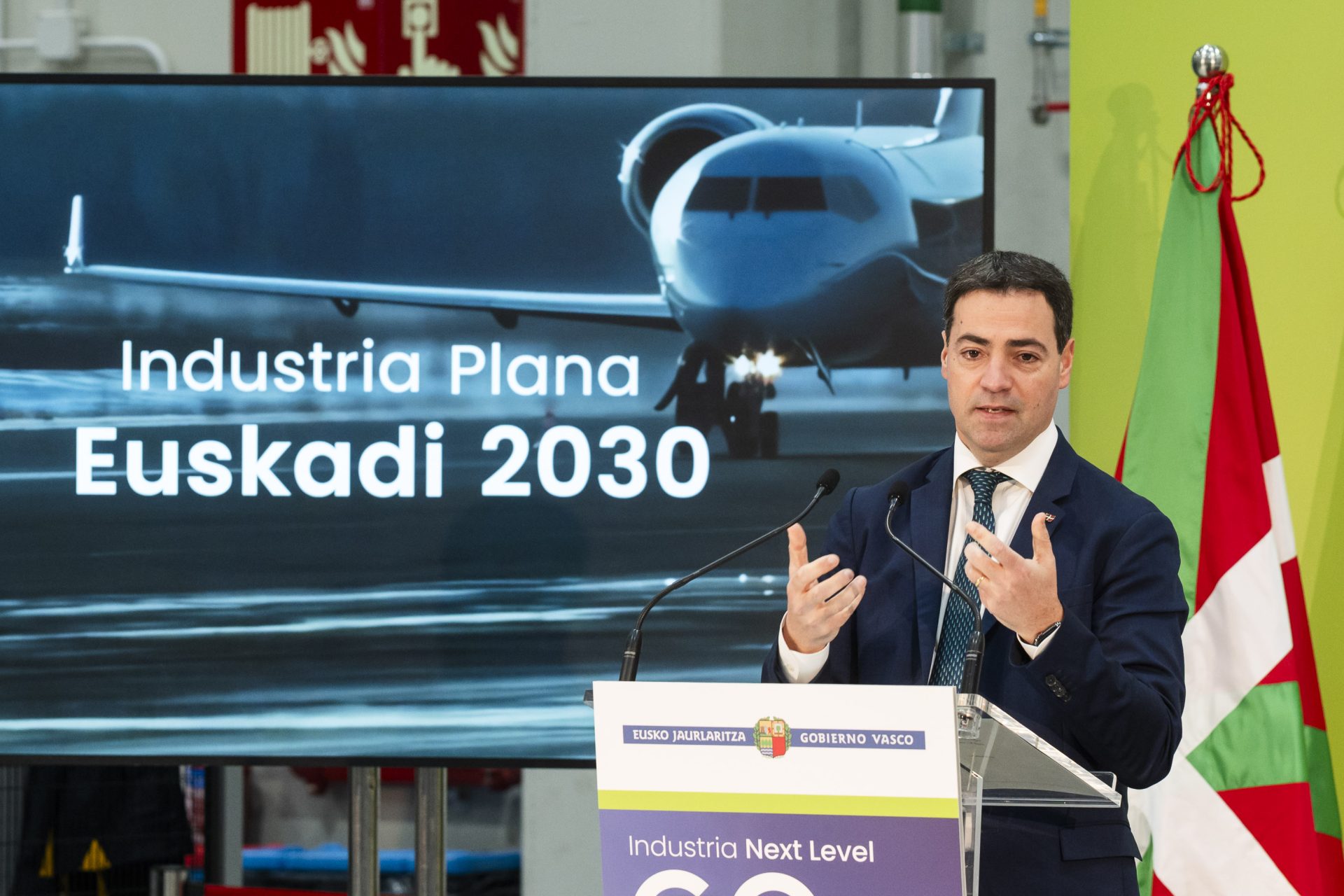Does being bilingual contribute to healthy brain ageing?

The BCBL presents the results of a research project focusing on the role of bilingualism in old age at the Donostia Aquarium on 2 November.
During the event, advice based on scientific evidence to help keep the brain young will also be presented.
The meeting, which is free and open to the public with limited seating capacity, is aimed mainly at people over 65 years of age.
 The Basque Center on Cognition, Brain and Language (BCBL) will present the results of a research project focusing on the influence of bilingualism on ageing on 2 November at 12:00 at the Donostia Aquarium.
The Basque Center on Cognition, Brain and Language (BCBL) will present the results of a research project focusing on the influence of bilingualism on ageing on 2 November at 12:00 at the Donostia Aquarium.
Experts from the centre, the Nebrija University, a collaborator in the scientific work, and professional neurologists will take part in an event in which some advice will also be given on healthy lifestyle habits to help keep the brain young.
Specifically, the meeting will consist of four talks given by different speakers. For one hour, the attendees, who will include people over the age of 65 who have voluntarily participated in BCBL studies, will be able to interact with the researchers in a relaxed atmosphere.
On the one hand, Jon Andoni Duñabeitia, professor at the Nebrija University and one of the main researchers of the main research started a decade ago, will explain to those present basic concepts such as healthy ageing and cognitive reserve, the capacity of grey matter to optimise its functioning in the face of the changes produced by brain deterioration.
Ileana Quiñones, one of the BCBL researchers involved in the study, will present the scientific results obtained so far, which suggest that bilingualism, although it does not in itself constitute an advantage for the brain, does have implications for cognitive reserve and, therefore, favours healthy ageing at a cerebral level.
On the other hand, Iago Rego, neurologist at the regional hospital of Zumarraga (Gipuzkoa), will be in charge of giving the attendees advice on healthy lifestyle habits based on scientific evidence that can contribute to keeping the brain young.
New line of research
The event organised by BCBL will end with the presentation of a new research project on which the centre will be working with the support of the European Commission (Horizon 2020 programme) and for which it once again needs the collaboration of volunteers over the age of 65.
“The aim will be to find early markers of neurodegenerative diseases from the human voice,” says Lucía Amoruso, a BCBL researcher who will announce the details of this new project.
Other scientific and health entities such as the universities of Nebrija and San Andrés (Argentina), as well as Osakidetza, are also expected to collaborate in the work.
The line of research is also based on another international study, of which Amoruso has been a member, which links word exercises with dementia associated with Alzheimer’s disease, the results of which were published this October in the specialist journal Alzheimer’s & Dementia (The Journal of the Alzheimer’s Association).
Anyone interested in attending the event, which is free, open to the public with limited seating and aimed mainly at people over 65 years of age, can get in touch by calling 943 30 93 00 (extension #500), by WhatsApp on 664 424 461 or by emailing participa@bcbl.eu. The deadline for registration is Tuesday 31 October at 12:00.




